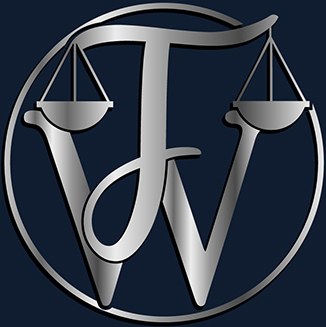The decision to adopt a child is a life-changing decision for both prospective parents and the children. While the adoption process can be exciting and rewarding, it can also be challenging with all the legal processes that play a role. Having an adoption attorney to help you through the adoption process can help make it go smoother and help you focus on the important details.
Adoption attorneys are sought out to help make sure all documents and procedures are in order. This includes understanding the legal requirements for home studies, background checks, and the termination of parental rights.
Michigan Adoption Process and Laws
The adoption process in Michigan is set in place to keep the children’s best interests at heart. In Michigan, there are several types of adoptions, according to the Department of Human Resources:
- Agency Adoptions: These adoptions are facilitated through licensed child-placing agencies, which work with prospective adoptive parents and birth parents to match children with families.
- Direct Parental Placement Adoptions (DPPA): Also known as private adoptions, these involve a direct placement of a child with prospective adoptive parents by the birth parents, without the involvement of an agency.
- Relative Adoptions: These adoptions involve the adoption of a child by a relative, such as a grandparent, aunt, uncle, or adult sibling.
- Stepparent Adoptions: In these cases, the spouse of a child’s biological parent seeks to adopt the child and establish legal parental rights.
- State and court ward adoption: This follows the termination of parental rights through family court. This is normally the case for older children.
Regardless of the type of adoption, the process typically involves several key steps, including:
- Home Study: A comprehensive evaluation of the prospective adoptive parent’s home environment, family dynamics, and suitability to adopt.
- Termination of Parental Rights: In most cases, the birth parents’ legal rights must be terminated before an adoption can be finalized.
- Placement and Supervision: The child is placed with the prospective adoptive parents, and a period of supervision follows to ensure the well-being of the child and the stability of the placement.
- Finalization: After the required waiting period and successful supervision, the adoption is finalized in court, legally establishing the parent-child relationship.
What Are the Benefits of Direct Adoptions vs. Other Ways of Adoption?
When considering adoption, prospective adoptive parents have several options to explore, including direct adoptions (also known as private adoptions) and agency adoptions. Each approach has its unique benefits and considerations, and the choice ultimately depends on the specific circumstances and preferences of the adoptive family.
Direct Adoptions (Private Adoptions):
- Greater Control and Involvement: In a direct adoption, the prospective adoptive parents have a more active role in the process. They can directly communicate with the birth parents, establish a relationship, and potentially have a greater say in the adoption plan.
- Potential for Open Adoption: Direct adoptions often facilitate open adoption arrangements, where the birth parents and adoptive parents can maintain ongoing contact and share information about the child’s life and development.
- Cost Savings: Direct adoptions can be less expensive than agency adoptions, as there are typically fewer administrative fees and intermediary costs involved.
- Expedited Process: In some cases, direct adoptions can be completed more quickly than agency adoptions, as there may be fewer bureaucratic hurdles and waiting periods.
Agency Adoptions:
- Professional Support and Guidance: Adoption agencies provide comprehensive support and guidance throughout the adoption process, including counseling, home studies, and post-adoption services.
- Established Procedures: Agency adoptions follow well-established procedures and protocols, which can provide a sense of structure and predictability for adoptive families.
- Potential for Matching Services: Agencies often have extensive resources and networks to help match prospective adoptive parents with birth parents or children in need of adoption.
- Legal Expertise: Adoption agencies typically have in-house legal teams or partnerships with experienced adoption attorneys to ensure compliance with all applicable laws and regulations.
- Access to Birth Parent Counseling: Agencies often provide counseling and support services to birth parents, which can help ensure informed decisions and facilitate open adoptions when desired.
Your Michigan Adoption Attorney
Adoption is a process not to be taken lightly and when done right can be an amazing thing. If you’re considering adoption or beginning the process of adopting, contact The Law Office of Francis O Wey PLLC. Our attorney is knowledgeable in adoption law and can help streamline the process. You can contact our office at (248) 883-8784

